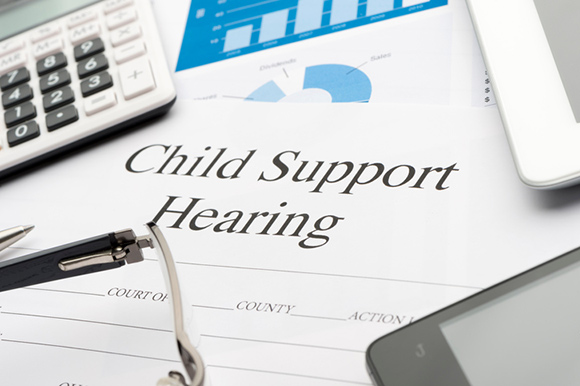
Dealing with child custody and child support considerations can be both confusing and emotionally overwhelming. Parents headed towards divorce in Nevada or those establishing parentage and custody for the first time often wonder what child support covers.
There are a lot of misconceptions about what child support covers and how to ask for payments for a child’s expenses. If you are facing child support considerations, it’s important to understand the different classifications of what is covered to prepare yourself to navigate the process. Here’s what you need to know about what child support covers in the State of Nevada.
A child support award covers the child’s basic needs while they’re in a parent’s care. This award can include any expense that the parent who receives support feels is necessary. This might include housing, utilities, transportation, food, hygiene, and entertainment.
The Las Vegas Family Court presumes that the amount of support recommended by the Nevada child support laws covers the child’s basic needs. That is, if the support calculation suggests an award of $500 per month, the law presumes that the child has basic requirements of $500 per month.
There are some exceptions where the presumed child support amount doesn’t cover a child’s actual, reasonable expenses. An example of this might be when a parent has significant expenses for child care. In that event, the parent can ask the court to adjust the award up or down to account for this cost.
Another example of an appropriate deviation from the presumptive amount might be to cover a child’s special educational needs. Also, if a custodial parent moves out of the jurisdiction of the court, the court might reduce the payment to cover the costs of transporting the child. In cases where there’s an unusual circumstance, the court can order more or less support to ensure that child support reasonably covers the child’s needs given each parent’s ability to pay.

One expense that’s always handled separately from base costs is health care and medical expenses. The court can add or deduct from a base support award to cover a child’s reasonable medical expenses. The court can order either party to maintain health insurance for the child as long as the coverage is available for not more than 5 percent of the parent’s gross income.
If a party has health insurance for the child, the other parent must reimburse them for half of the child’s cost of the health insurance. If the parent providing coverage receives support, the other parent pays them extra to cover half of the health insurance. If the parent providing coverage pays support, they receive a reduction to account for the other parent’s half of the child’s health insurance.
A child typically has uninsured medical expenses from time to time. This may include co-pays, prescription costs, and orthodontics. Parents split these costs equally outside of base child support obligations.
In cases of joint custody, child support covers the needs of the child in both homes. The paying parent receives a reduction in support to account for the needs of the child while they’re in that parent’s care.
The court determines the amount that each parent would pay if they paid support. Then, the court orders the higher-earning parent to pay the lower-earning parent the difference between these amounts. In this scenario, child support covers basic needs such as housing, transportation, and personal expenses in both homes.
Generally, parents don’t have to account to the other parent for how they allocate support. The law presumes that a parent uses their child support payments responsibly for the needs of the child.
There might be an exception if there’s evidence that the parent isn’t meeting a child’s needs in their home. In that event, the court might examine how the parent spends the payments. Otherwise, a parent typically has no accountability to the other parent for how they use support payments.

The answer to this question isn’t exactly clear. Nevada’s child support laws don’t specifically talk about extracurricular expenses. That might make it seem like the court can’t order extra amounts for extracurricular activities. However, the law allows the court to adjust support amounts to account for “special educational needs of the child.”
This is up to the discretion of the judge. Some judges might routinely adjust support awards to account for a child’s extracurricular expenses. Other judges might see these costs as ordinary rather than special. Experienced child custody lawyers in Las Vegas can give you an idea of what to expect from the judge making the decisions in your case.
Nevada law has nothing to say about payments for a child’s college expenses. Parents can agree to pay for part or all of a child’s post-secondary expenses. However, unless parents agree, there’s no way for the court to order a parent to contribute to college costs.
Judges make their decisions based on evidence. If you’re going to ask the court for extra amounts for educational expenses or child care, you need to carefully document your expenses in ways that are admissible in court. A qualified family law attorney in Las Vegas can help you make sure you prepare your case in a way that’s compelling to the court. Also, your attorney can explain how the laws might apply to your case. That allows you to make the best decisions possible for yourself and your children.
If you already have a support order in place, your attorney may help you explore options to modify your support payments. If the support order no longer covers the needs of the children or if it doesn’t reflect each parent’s current ability to pay, you may be able to modify the payment. Your attorney can help you evaluate your case to see if this is a viable option.